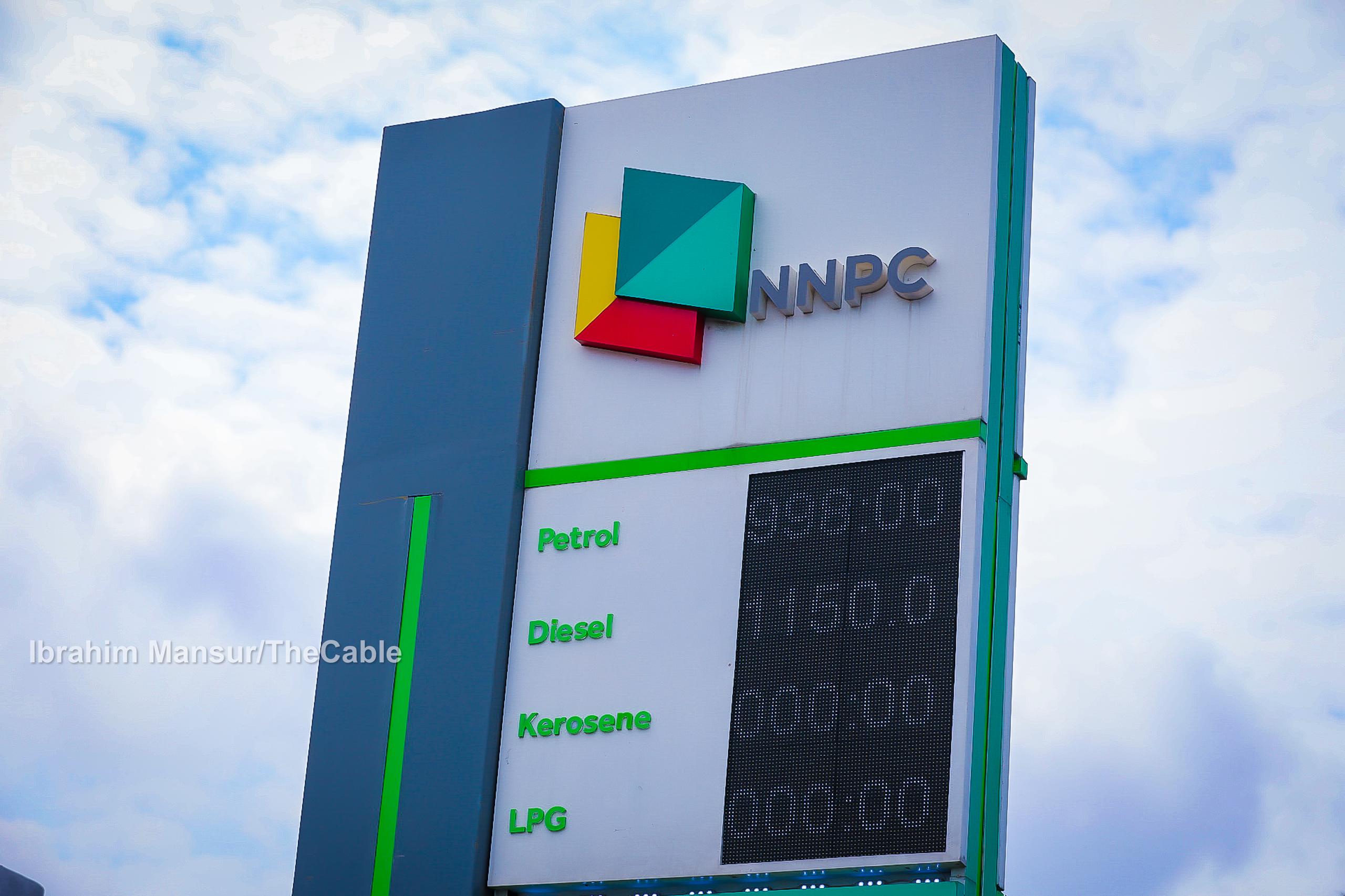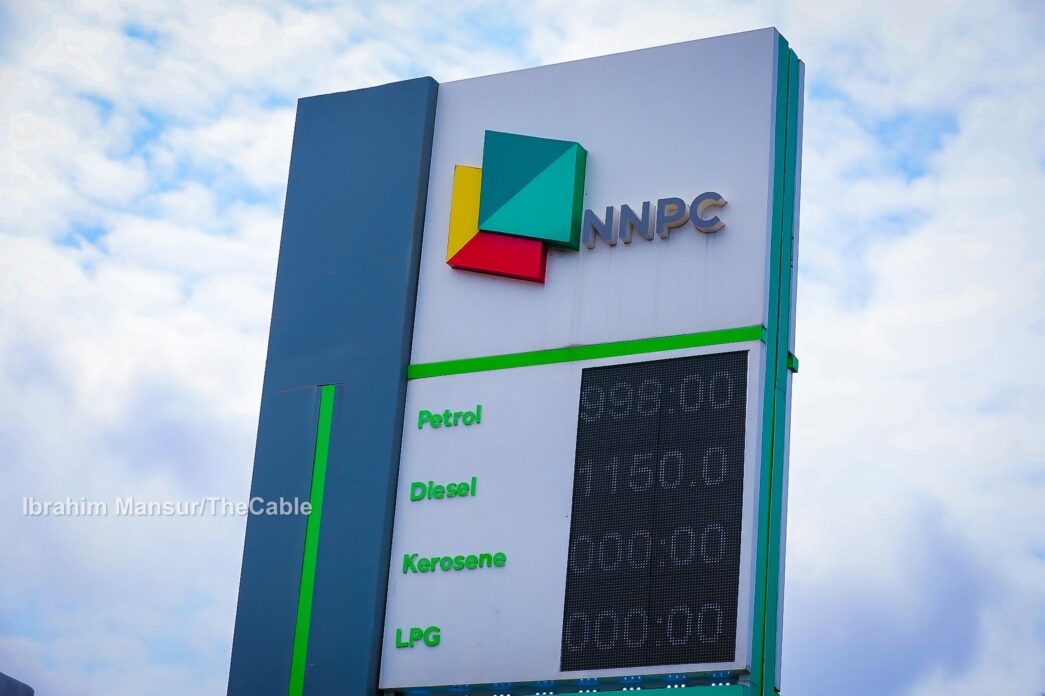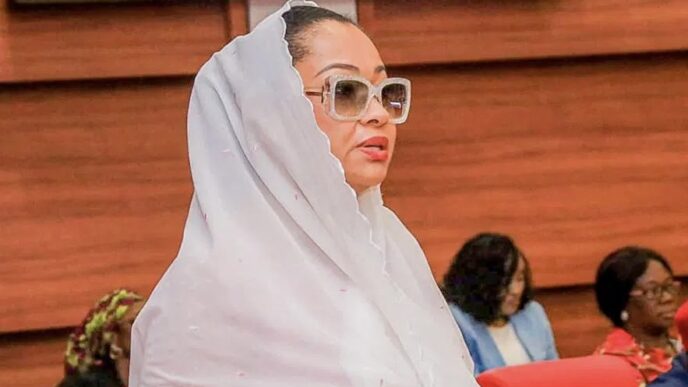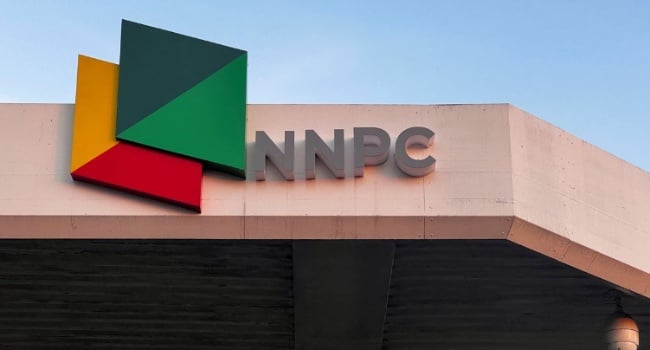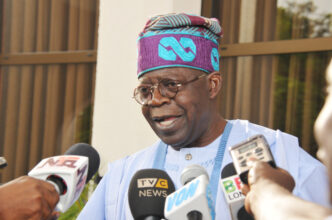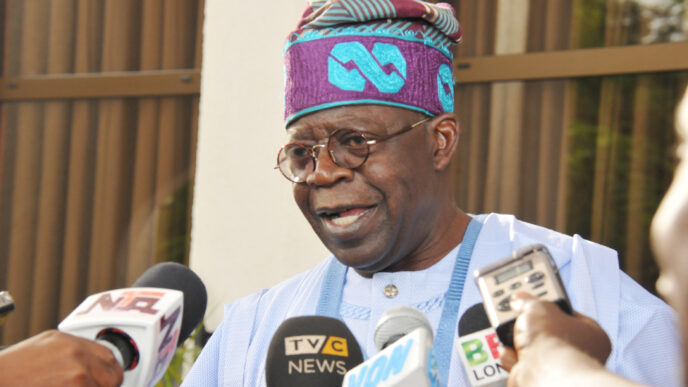BY OLUFEMI ADUWO
King Solomon, with all his profundity, once declared in Ecclesiastes 9:11: “I returned, and saw under the sun, that the race is not to the swift, nor the battle to the strong, neither yet bread to the wise, nor yet riches to men of understanding, nor yet favour to men of skill; but time and chance happeneth to them all.” This sagacious observation underscores life’s inherent unpredictability and the limitations of human control over destiny. Indeed, merit, skill, wealth, and influence often bow to the fickle hand of fortune.
The recent dismissal of the Nigerian National Petroleum Company Limited (NNPCL) board of directors, particularly under the leadership of Chief Pius Akinyelure, exemplifies this timeless axiom. Reflecting upon the early 1980s, it would have been unfathomable to predict that Chief Pius Akinyelure, then a towering figure within Mobil Oil, would one day serve under President Bola Ahmed Tinubu. At that time, I was with Total Oil Company at their Marina head office in Lagos. The former Governor of Oyo State, High Chief Ladoja, was among the prominent Nigerian managers at Total Oil Company then, while Mobil Oil housed its operations at Bookshop House on Broad Street, barely a stone’s throw from Total’s premises—a place I visited many times. It was here that Chief Pius Akinyelure and the late Bade Ojora held sway as eminent directors. During that period, Bola Ahmed Tinubu served as treasurer within Mobil, operating under the supervision of Akinyelure. Fate’s irony would later have Akinyelure preside over the board of NNPCL by Tinubu’s appointment, decades after their paths first intersected.
When President Tinubu constituted the now-dissolved NNPCL board on 18th December 2023, the appointment was met with widespread applause, myself included. Chief Pius Akinyelure’s formidable track record was well-known and well-respected. The Petroleum Industry Act (PIA) 2021 explicitly provides that board members shall serve a term of four years, eligible for renewal for an additional four years. Therefore, it remains a matter of great curiosity why their tenure was so prematurely and unceremoniously truncated.
Advertisement
Section 63(3) of the PIA 2021 grants the President the authority to suspend or remove a board member under specific circumstances. Such circumstances include disqualification for appointment under Section 59, breach of conflict of interest provisions within the Companies and Allied Matters Act (CAMA), cessation of employment at a relevant ministry or agency, demonstrable inability to effectively perform duties, or absence from board meetings thrice consecutively without valid permission. Section 59, on the other hand, outlines the composition of the board and its appointment procedure. The President alone wields the power to appoint board members, whose tenure spans four years, renewable once. This statutory empowerment underscores the absolute authority vested in the Presidency regarding NNPCL’s governance. And yet, in the case of Akinyelure’s board, the abruptness of their dismissal demands scrutiny.
The historical context is instructive. Under President Buhari’s administration, Ifeanyi Ararume was appointed Chairman of the NNPCL board. Even before the board’s formal inauguration, Ararume was sacked, prompting legal proceedings. The Federal High Court awarded him N5 billion, prompting the government to seek redress at the Appeal Court. Whether President Tinubu has resolved the matter with Ararume or the legal saga persists remains unclear.
Now, I am not suggesting that the Akinyelure-led board should take legal action. They likely shall not. But the essence of this discourse is the importance of adhering to the laws we have enacted. The Petroleum Industry Act, which represents a momentous reform of Nigeria’s oil sector, must be upheld in both spirit and letter. The removal of a board, especially one appointed under the sacred cloak of statutory provisions, should be subject to transparent scrutiny and procedural fairness. Akinyelure’s sudden dismissal, especially given his wealth of experience and dedication, warrants more than a cursory explanation. Has there been a breach of statutory duties? Did the board members falter in their responsibilities? If so, the specifics ought to be disclosed.
Advertisement
Indeed, the Petroleum Industry Act provides for removal under well-defined conditions. However, the provisions of CAMA and the Articles of Association governing NNPC Limited also merit consideration. The broader question arises: Do the conflicting provisions of the PIA, CAMA, and NNPC Limited’s Articles of Association require judicial interpretation or legislative amendment for coherence?
Moreover, since 1977, when the Nigerian National Petroleum Corporation was established, there has been a conspicuous absence of widespread commendation for any of its Managing Directors. Such is the nature of an economy perennially entangled with petrol dollars. It is unreasonable to expect magic from an NNPCL board still grappling with deep-rooted structural challenges.
However, in the spirit of King Solomon’s wisdom, we must accept that the finest plans are often subject to the whims of time and chance. It remains for us to ensure that the rule of law, as enshrined in the PIA and related statutes, is rigorously adhered to. And in the event of divergence, only clarity, consistency, and justice can remedy the confusion. The dance between power and petroleum continues, but perhaps it is time to examine whether the music itself requires new composition.
Olufemi Aduwo permanent representative of CCDI to the United Nations. He can be contacted via [email protected]
Advertisement
Views expressed by contributors are strictly personal and not of TheCable.
